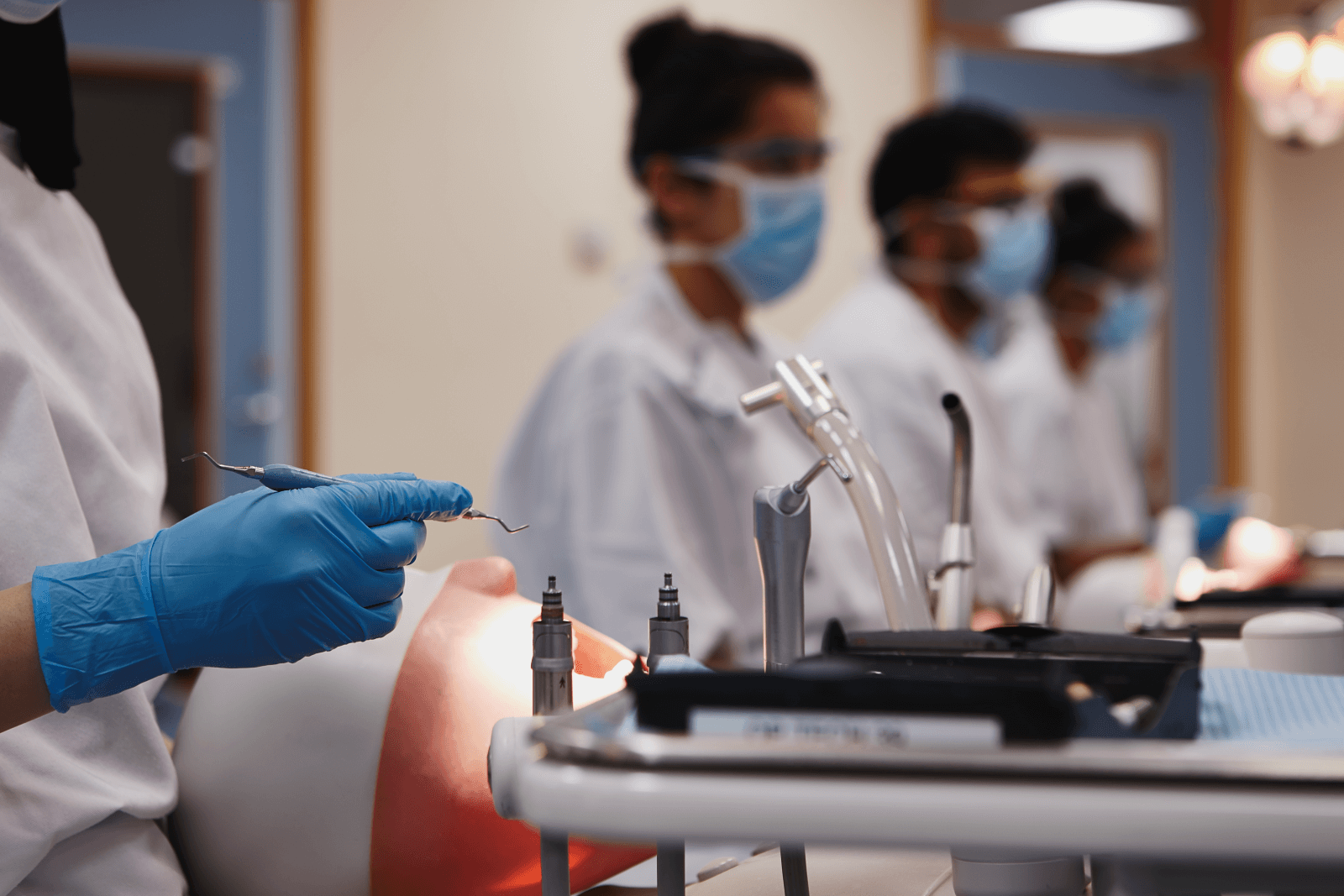Preparedness for Practice of UK Graduates 2020
Preparedness for Practice of UK Graduates 2020 reports on findings from our first education quality assurance thematic review, which focuses on the preparedness for practice of UK trained dental students at graduation.
Alongside this is Preparedness for Practice: A Rapid Evidence Assessment, independent research conducted by the Association for Dental Education in Europe (ADEE) between July 2019 and March 2020, involving a review of 89 publications on the topic of ‘preparedness for practice’ from across the UK and internationally. The work also included interviews with research area experts.
Dentists’ preparedness for practice was selected for our first thematic review, as part of our education quality assurance process, following concerns raised by stakeholders over recent years. The issues raised focus on whether newly UK-qualified dentists are sufficiently prepared to begin work in general dental practice. While there was little to no supporting evidence for these concerns, we considered that, given the implications for patient safety, it was necessary for us to explore them.
The review was completed ahead of the outbreak of COVID-19 in the UK. The current impacts of the pandemic and the restrictions in place to suppress the spread are as yet not fully known. Work with education providers and relevant stakeholders to ensure students currently studying are able to graduate as safe beginners is ongoing and separate to our report published today.
Key findings from the rapid evidence assessment
- Although the concept of a new graduate as a ‘safe beginner’ was widely accepted, the level of expectation of a new graduate and the perception of what constitutes ‘preparedness for practice’ differed. Evidence suggests that trainers tend to hold higher expectations of the new graduates than the standards required by the learning outcomes.
- Clinical competence was also found to be a fundamental aspect of preparedness for practice, although interviewees in the research recognised that it is constituted by multiple elements, including health, mental health and pastoral aspects.
- It found that the lack of preparedness relates more to complex skills where experience is limited, for example as a result of changing demographics and dental disease. Factors contributing to variance in preparedness in the UK were found to be similar to those reported from other countries
- Preparedness may be enhanced if there is better communication and engagement between stakeholders, including universities, postgraduate training organisations, and the regulatory body. There was evidence that integrated patient-centred teaching in a variety of settings provides a valuable educational base beyond learning and teaching within a dental school.
- Professionalism

 eGDC
eGDC